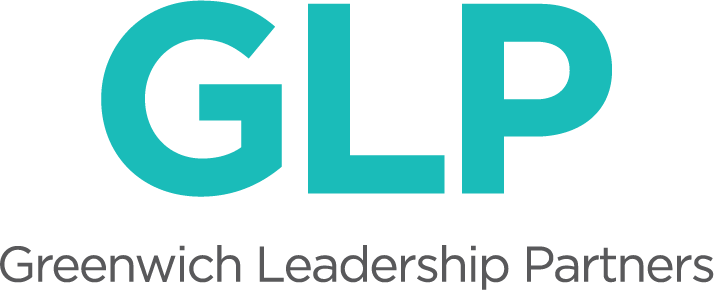Ten years ago, when I started consulting to schools on strategy and change management, one of the first things that I noticed was how little, if any, leadership development training or coaching was offered to teachers who were not on a clear path to administration. And even for those rising stars, formal and informal leadership development efforts were limited to their academic endeavors, an isolated training event or an organically grown mentoring relationship. Leadership as a practice was clearly distinguished from teaching as a practice.Coach teachers to lead and they become better teachers. Coach them to lead and your school is stronger. Leadership can be developed in most willing adults and the skills people need to lead effectively can be learned. To effect sustainable change, leadership needs to be broadly distributed – up, down and across the organization. This has never been more vital than now, when schools are working hard to embrace change and drive innovation. Leadership development unleashes the talent of your most important resource – your faculty.
Moreover, in this new era of learning we need to more intentionally foster in teachers the capabilities they need to develop in students, like collaboration, creativity, critical thinking and communication. All of these skills are leadership skills. And, like their students, great teachers benefit when they have opportunities to learn and develop together, through collaborative work, mentoring and peer to peer coaching.
First, offer teachers opportunities to do something new and to design ways of doing it together! Have them team up and lead a new initiative, like designing an interdisciplinary course or a project based learning activity. Ask them to self assess and create real time feedback loops to encourage growth. Develop a mentoring program around team teaching and ask them to test new practices or strategies and share their learning with their colleagues.
Teacher collaboration is a vital piece of the puzzle because it embeds professional development within the daily life of school. As you enable teachers to support each other in practice, you begin to develop leadership and talent organically. You also model the very behaviors you want to develop in students.
Second, train teachers in leadership and coaching skills. Learning is becoming increasingly personalized and self-directed and the teacher’s role as performance coach is as important as content expert. The fastest route to strengthening teachers as leaders and learners is to offer them leadership development and executive coaching training. Coaching practice grounds itself in the essential foundations of good leadership: active listening skills, an understanding of how to ask the right questions, the ability to clarify goals, problems and opportunities, and a growth mindset. Leadership development helps build self awareness and a growing understanding of one’s strengths and leadership style.
Third, build a leadership culture. Schools that value leadership and cultivate it in all their faculty members are more successful in engaging them in the collaborative work of strategic thinking, design and innovation. So often strategic plans, new initiatives and programs are developed and then imposed on faculty by boards, administrative leaders and higher level jurisdictions. This is a fatal process mistake because it excludes the specialized knowledge and creativity that resides with the very people who must implement and deliver results. By offering teachers meaningful opportunities to design and develop the ways your school will reach its goals, they become both architects and owners of solutions.
So on your next professional development days, focus on developing your teachers as leaders and coaches. And then empower them to design solutions and strategies that drive the change you want in your school.
